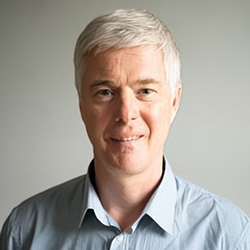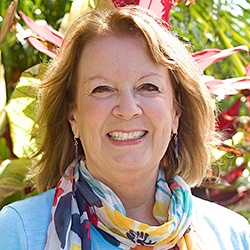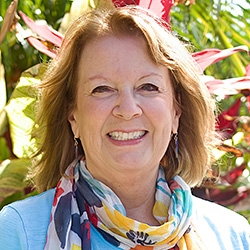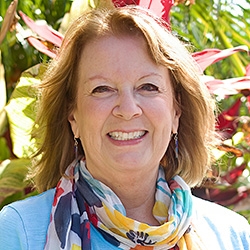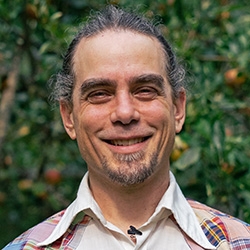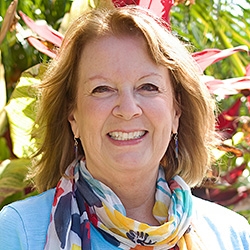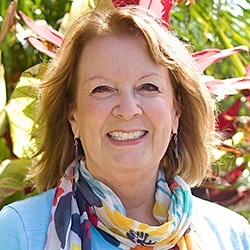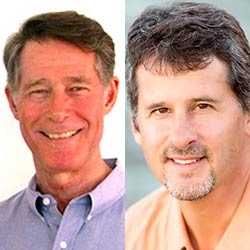
Search Results: decision
-
This article aims to discuss shifting fully from power-over to sharing power in families; turning power struggles into dilemmas. It focuses on the topic of living in a partnership paradigm as a family...
-
One way of simplifying decision-making in relationships is clarity about the level of contact and connection you want with the people you interact with. This means knowing what you want and don’t want to share, the kinds of activities you do and don’t do together, how often, etc. This can help you chose how to best support your needs in that context, and help you to remember to set life-serving boundaries when you need them.
-
How often do you find yourself stuck between two options? Do you go with option A or option B and what if it's a complicated decision that involves more than just a quick thought process? In this Life Hack we guide you through a process you can use when facing a difficult decision with a simple 5 step process, this meditation should leave you feeling more at peace and with more clarity on moving forward.
This meditation also brings in elements of brainstorming and ideation, so as well as reflecting on your needs, once the process is finished we hope you find some fresh ideas of ways to move forward.
-
If you’ve ever dreaded attending a meeting – or watched in dismay as your group collapses into conflict – know that a methodology known as Convergent Facilitation offers you possible solutions. It’s based on one simple experience: that people come together at the level of their underlying principles, needs, aspirations, and dreams, not at the level of their surface positions.
Convergent Facilitation is a highly efficient decision-making process developed by Miki Kashtan from the principles of Nonviolent Communication. It enables you to look beneath the surface and find the essence of what’s important to different stakeholders, and bring it together into one set of principles that lead to proposals and ultimately decisions. As a result, it readily produces solutions and decisions that everyone can embrace.
-
Are you eager to translate your vision of a world where everyone’s needs matter into a tangible reality? Do you long to discover your unique role in responding to the challenges of our times? If, so join Miki for 12 sessions that will propel you on your way!
-
Trainer Tip: Only after we connect to our unmet need can we make sound decisions that will transform our experience. For example, if you feel bored, connect to your unmet needs (eg. need for understanding the relevance, etc) and then look for strategies that will meet them (eg. ask the speaker how this topic relates to our lives).
-
Join CNVC Certified Trainer Jerry Koch-Gonzalez, Greg Rouillard and Certified Dynamic Governance (Sociocracy) Consultant John Buck for this six-session course recording to learn how to transform your method of meeting facilitation. Many NVC organizations have begun using sociocratic tools, including circle meetings and decision making by consent, with satisfying results.
-
Trainer Tip: Without knowing our feelings, its harder to live fully present, take care of ourselves, and make sound decisions. If its difficult for you to know what you feel and to express your feelings, consider reviewing a list of feelings, practice expanding your feelings vocabulary, and naming your feelings.
-
- Learn concrete tools for engaging with others as you embrace individual and collective liberation
- Find your own source of choice even in the face of challenges
- Release the constriction of scarcity
- Find an empowered option to respond to what is happening in our world
- Open the door to the possibility of thriving rather than merely surviving
-
In learning how to re-invent the economic system so that it distributes resources in a way that includes as many people's needs as possible, we would need to be in a process of mutual influence with one another. However, addressing resource distribution can be complex when people in different social locations have 1.)a different sense of what's considered "enough" 2.) different capacities to find creative strategies that work within the given limitations, and 3.)different levels of self-doubt, shame and capacity to put their concerns and needs on the table. Can we collectively create conditions that support people to stretch productively so that included in the outcome are the needs, perspectives, ideas, and concerns of people who are less powerful? What needs to be in place to support the way towards a better future?
-
Trainer Tip: Make a clear, conscious decision about what’s important to you, and then live from that place. This can support you to become less attached to being likeable or accepted, And less affected in a way you don't want, by others opinions of you and your choices. This can further support you to live in integrity.
-
When we are transparent about our concerns, brainstorm solutions together, and look towards making a decision with the other person, we can increase understanding, partnership, and mutual support. This invites people to work on the same issue from the same direction, collaboratively seek solutions, and tap a deeper wisdom. In the end, the future survival of our species depends on this kind of active interdependence.
-
When speaking to decision makers about social change issues it helps to communicate with compassion, clarity, curiosity, calm, and respect while seeking to understand their needs. This way there’s a better chance for more trust and connection that’s crucial for a win-win strategy to come about. This may take several conversations.
-
Trainer Tip: "Power over" refers to using power, coercion, fear or authority to force change. It rarely brings lasting change. "Power with" refers to power that seeks to meet everyone’s needs. A "power with" system values input and needs of everyone who will be affected by decisions. When you notice you're using a power over paradigm to get results, shift focus to power with. Notice how this shift in consciousness affects results.
-
Trainer Tip: With empathy, ponder one area of your life that you are unhappy with today. Consider whether you can take action to change the experience and meet your needs.
-
Old emotional hurts and pains can easily erupt when you’re in the throes of conflict – even if you’re the mediator. Wouldn’t it be lovely if you could avoid all of that, and instead create more peace and happiness for yourself, your family, your co-workers and your community?
-
Learn how unconscious impulses can lead to depleting patterns. Here, we look at two forms of reactive attempts we may use to avoid future pain, and how to make conscious decisions instead. Read on for questions that can help us see if we're making decisions from a grounded place, such as taking time to reflect on values, receive support from others, and getting curious about others' views.
-
Misunderstandings can be painful. We can easily avoid this by checking what the other person understood from what we said, and ask the other person to do the same. Doing this is especially important when it comes to planning, shared decision-making, and when emotions are strong. Also, the more someone knows you, the more they think they already know what you mean -- which can get in the way of really hearing you. Here are a variety of ways to approach this simple strategy.
-
Goals and purposes can arise from intentions, but are different. Intentions arise from what's authentic, alive and aligned for you. Intentions can give you a sense of expansion, ease, and flow -- and are an essential part of any change process. Clear intentions can support decisions, management of resources, plus it can direct your attention effectively and with integrity. Read on for practices to find and implement your intention.
-
Part of making your relationship a priority while maintaining autonomy means you consider the impact your actions may have on your relationship and look to negotiate ways all needs can be honored. To do this while not losing yourself, practice writing down your needs and guessing their needs beforehand. Make an upfront request to create a shared understanding about what’s most important, before discussing strategies or decisions.



